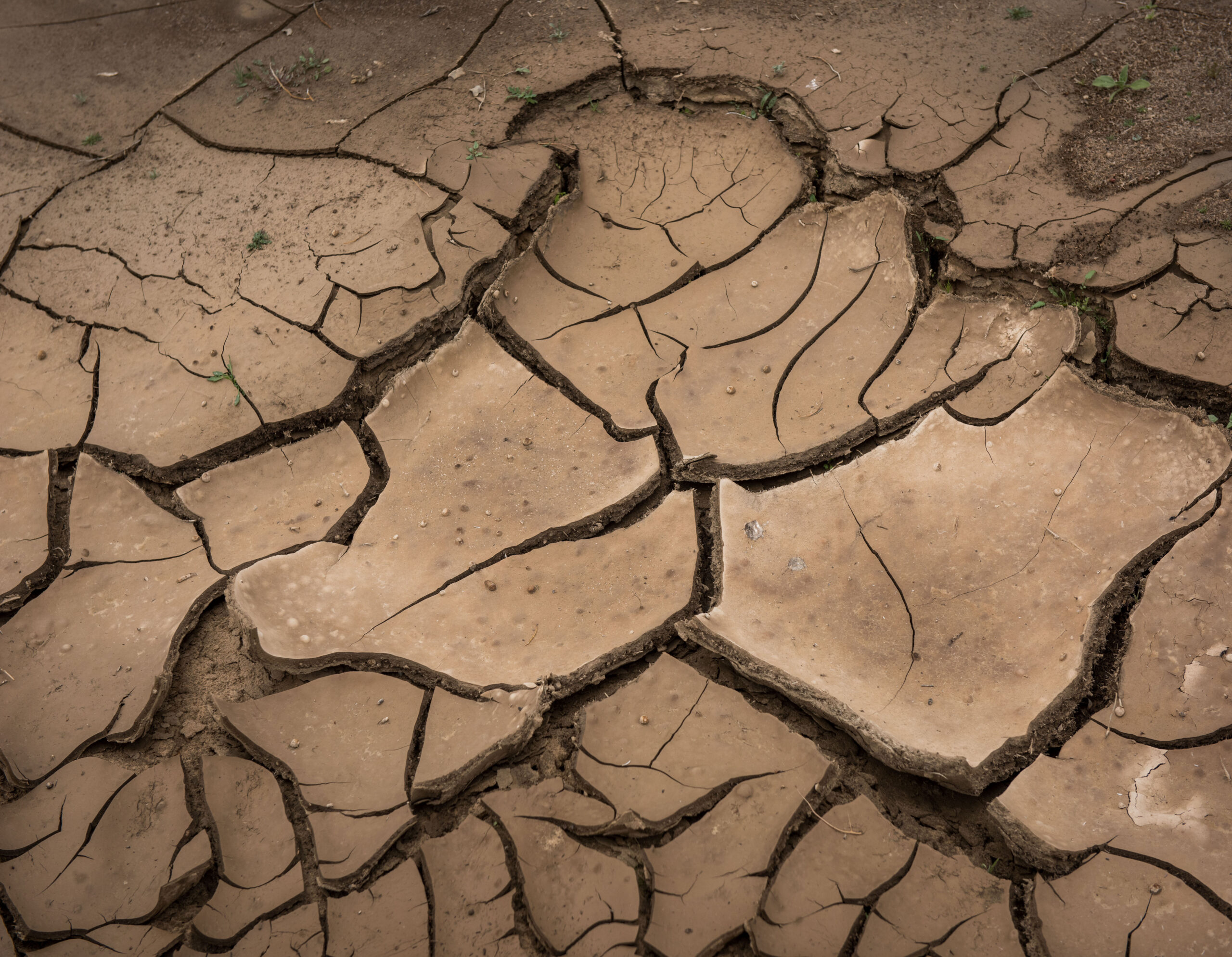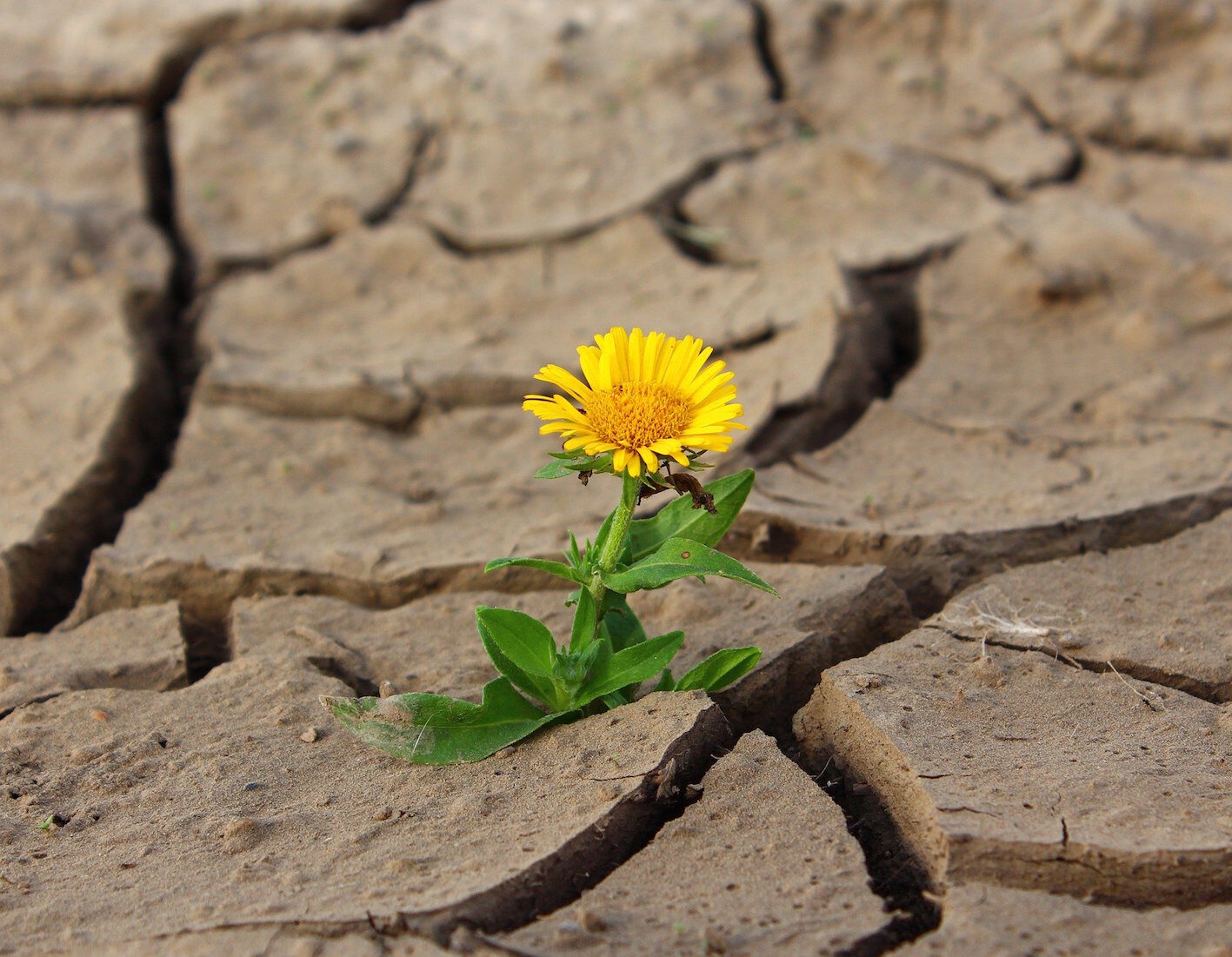There are many crises currently unfolding on a global scale. In our eyes this is due to a lack of resilience. Sometimes, we refer to discussing these as the Depression Session. Because if you spend too much time thinking about this you will inevitably end up in a depression.
Recently, the term Anthropocene has gained popularity. It is one way to describe the interplay of some of the crises we face, and the role humans have therein.
Often, the scale and impact of the increasingly rapid changes during these times can seem irreversible and overwhelming.




